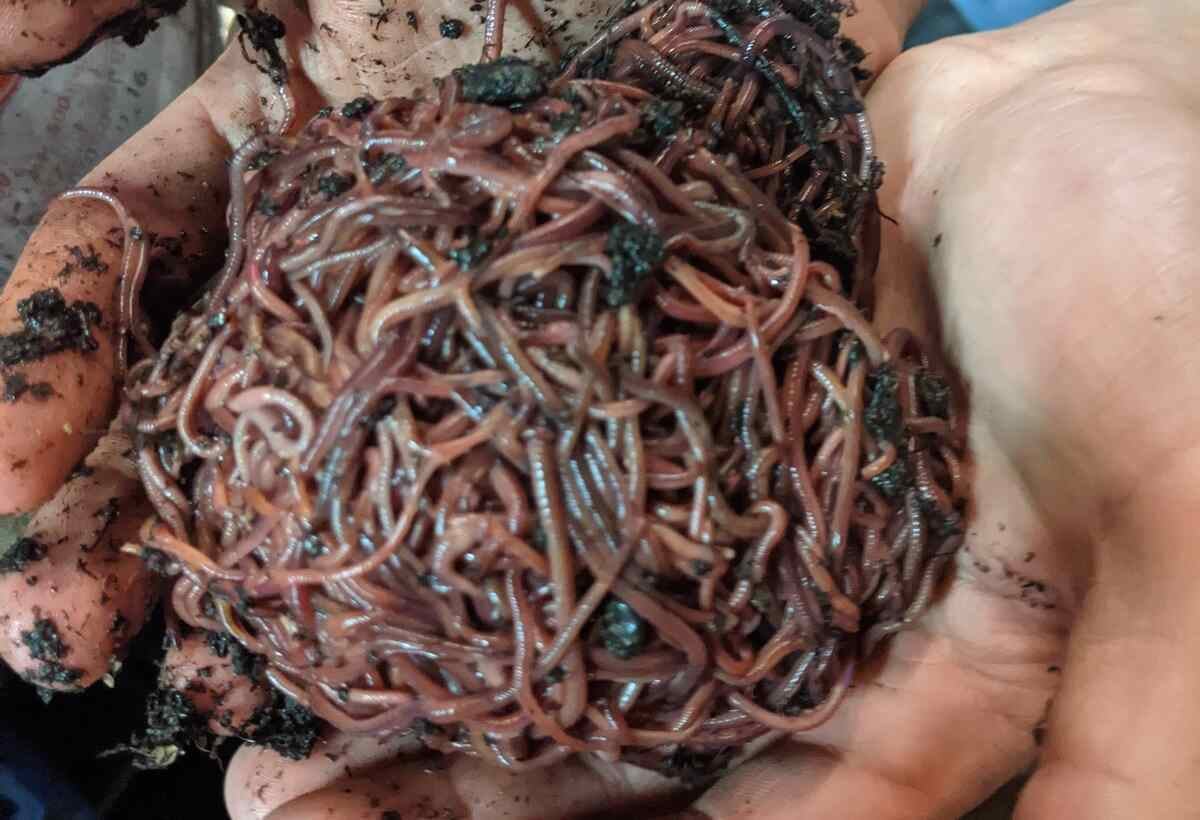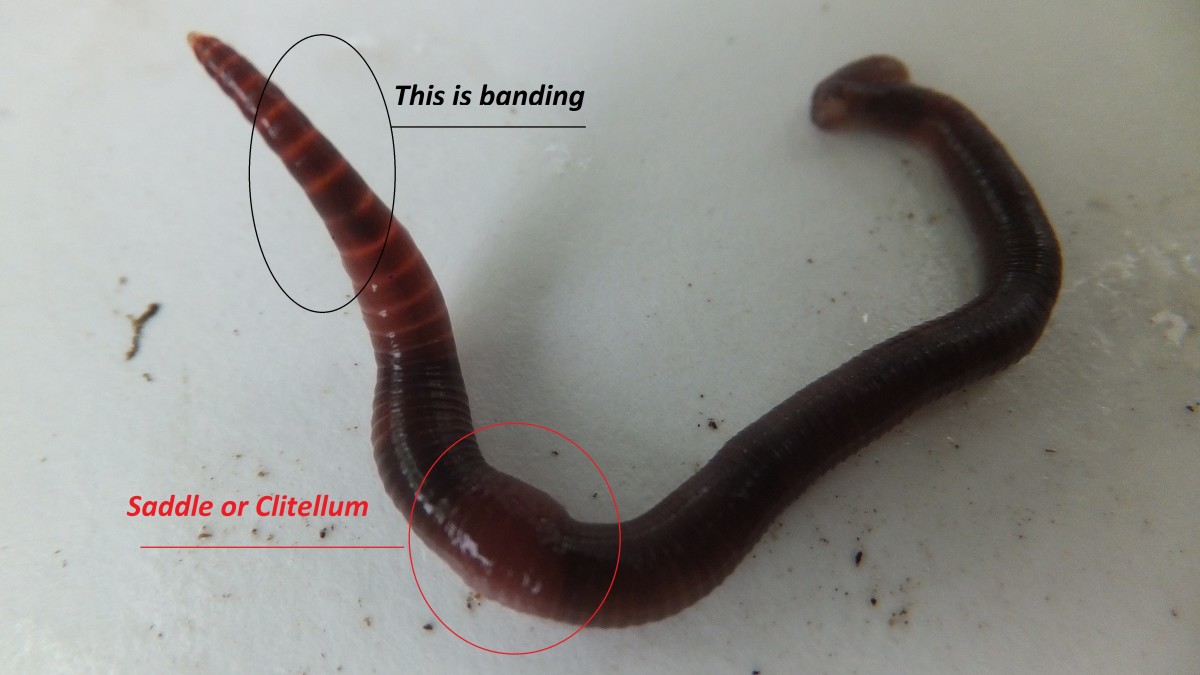Just How Red Wigglers Can Transform Your Composting Experience
The assimilation of red wigglers into composting methods uses a transformative method to lose management and dirt enrichment. Understanding the specific demands and advantages connected with keeping a flourishing worm populace is critical for optimizing their capacity.
Advantages of Red Wigglers
Red wigglers, scientifically referred to as Eisenia fetida, are a foundation of reliable composting systems due to their impressive capability to break down raw material effectively. These worms master transforming cooking area scraps, lawn waste, and other organic products right into nutrient-rich compost, typically described as worm castings. Lake Hickory Bait. This process not just lowers land fill waste yet also adds to lasting gardening techniques
Among the primary benefits of red wigglers is their high reproduction rate, allowing them to occupy a composting environment promptly. This fast multiplication enhances disintegration prices, resulting in faster garden compost production. In addition, red wigglers grow in a diverse series of problems, making them versatile to numerous composting setups.

Establishing Your Worm Bin
(Red Wiggler Express)To develop an efficient worm container for composting, careful interest has to be provided to its style and environment. An ideal worm bin must be created of materials that are resilient yet permit needed air movement, such as plastic or wood. The size of the bin can differ, yet a quantity of about 1 square foot per extra pound of worms is a good starting point.
Make sure that the container has drainage holes to stop water accumulation, which can lead to anaerobic problems damaging to the worms. Additionally, integrating air flow openings will certainly help keep appropriate humidity levels and oxygen circulation.
Following, it is vital to give bed linens for the worms, which can consist of shredded paper, cardboard, or coconut coir. This bedding not only provides a habitat for the worms however also aids in moisture retention.
Setting the worm container in a place that preserves a temperature series of 55-77 ° F(13-25 ° C) to enhance worm activity. Prevent positioning the container in straight sunlight or extreme temperatures. By complying with these standards, you can develop a helpful setting for red wigglers, improving the effectiveness of your composting process.
What to Feed Your Worms

(Charlotte NC Worms For Sale)Red wigglers particularly delight in soft, moist foods like watermelon peels, cucumber peels, and banana peels. Nevertheless, it is important to stay clear of feeding them citrus fruits, onions, and garlic, as these can be harmful to their wellness. Furthermore, cooked foods, dairy products, and meat should be purely prevented, as they can lead to smells and attract parasites.
To preserve optimal problems, it's recommended to cut larger scraps right into smaller items, assisting in quicker decomposition. Begin by introducing tiny amounts of food and keep track of the worms' intake rate; readjust as necessary to prevent overfeeding, which can produce an unhealthy setting. Finally, supplying a consistent feeding routine will certainly assist keep your worm population growing while enhancing the total efficiency of your composting efforts. By recognizing what to feed your worms, you lay the foundation for an effective and lasting composting experience.
Keeping a Healthy Habitat
Producing a growing composting atmosphere for red wigglers needs attention to their environment, as it directly influences their wellness and productivity. The suitable environment needs to maintain a balanced moisture level, usually in between 60-70%. Extreme wetness can result in anaerobic problems, while inadequate wetness might dry out the worms.

The bedding product in the compost should be varied and shredded, integrating materials like cardboard, paper, and coconut coir. This not only gives a comfortable atmosphere yet also functions as a food resource. Lake Hickory Bait. Consistently looking for odors or indicators of insects can help determine potential problems prior to they intensify
Last but not least, preserving a well balanced pH level, preferably between 6 and 7, ensures a helpful environment for red wigglers, cultivating their capability to procedure natural issue properly. By addressing these variables, you can produce a lasting and efficient composting ecosystem.
Harvesting and Utilizing Compost
Harvesting compost from a worm bin is a fulfilling procedure that changes organic waste right into nutrient-rich product for yards and plants. This can be done making use of methods such as the "light" method, where worms are drawn in to light and can be scooped away from the top layers, or by relocating the garden compost to one side of the container and including fresh bed linens to the various other side, urging the worms to move.
As soon as the worms are gotten rid of, the remaining garden compost can be filtered to remove any type of larger particles or undecomposed product. This rich garden compost can be applied straight to yard beds, blended into potting dirt, or used as a leading clothing for potted plants.
Final Thought
Incorporating red wigglers right into composting methods substantially improves the decay process and adds Look At This to the production of nutrient-rich vermicompost. Their adaptability to numerous atmospheres and high reproduction prices make certain a lasting population, which efficiently damages down raw material. The resulting worm spreadings enhance soil structure, fertility, and microbial task, eventually advertising healthier plant development. Consequently, the assimilation of red wigglers right into composting not only optimizes waste administration but additionally enriches yard communities.